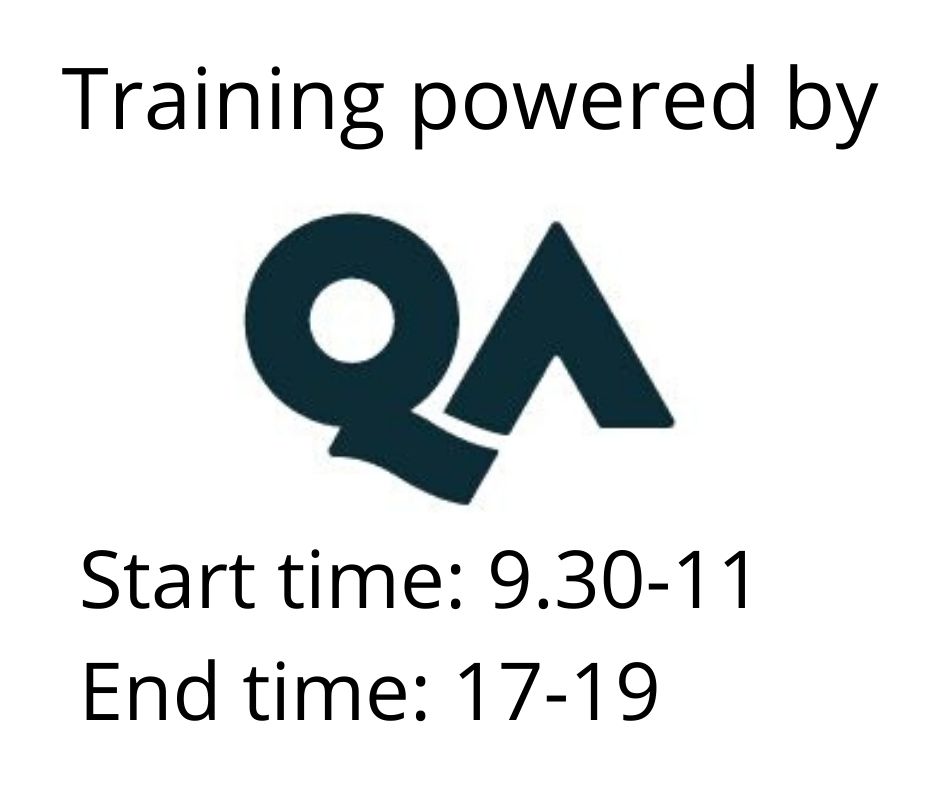Learn to Code – Fundamentals
Utbildningsformer
Längd
1 dag
Pris
10220 kr
Computer code is used to build websites, apps, games and even used in our cars, washing machines and most modern appliances. In fact the world is now completely reliant on software, and learning to code is the first step in demystifying what is sometimes thought of as a black art.
Nearly 60% of people think computer coding is an important skill for today's job market and nearly 50% of people would like to learn how to program a computer.
This course will introduce you to coding (aka programming, software development) and will take you through the basics in an engaging and supportive environment. You will build your first application so you can really experience how code works, see it in action and understand the fundamentals.
- Read and write basic code
- Think like a programmer - use logic to design a program
- Find errors (bugs) in code and fix them
- Appreciate how code works and how it fits into the wider world of software development
- The course assumes no prior knowledge of coding. You will need to be familiar with using a computer as a user (e.g. using email, office applications and web sites) but no technical computer skills are required or assumed.
Dual monitor setup is required for when attending this course via the QA Attend from Anywhere delivery method.
Module 1: Getting Started
The first module will examine the numerous different types of computer languages in use, the tools required to create programs and the construction of programs.
- Types of languages
- Programming tools
- How programs work
Module 2: Think like a Programmer
We will examine how programs can remember your data, the types of data they will remember, performing calculations within your code and controlling text. We also take a further look at branching your code.
- Data types
- Variables and constants
- Comments
- Calculations
- Manipulating text
- Using logic to control programs
Module 3: Build Your First Application
Here, we will discuss how you can reuse your code through the use of subroutines. We also examine functions and parameters. At the end of this module there is a practical exercise where you will build your first mini-application.
- Reusing code
- Subroutines
- Functions
- Parameters
- Writing your application
Module 4: Advanced Coding Techniques
In the final module, we uncover the different types of errors which could interfere with your code, and the debugging tools which can help you prevent them.
- Error types
- Debugging tools
- Object-orientated programming
